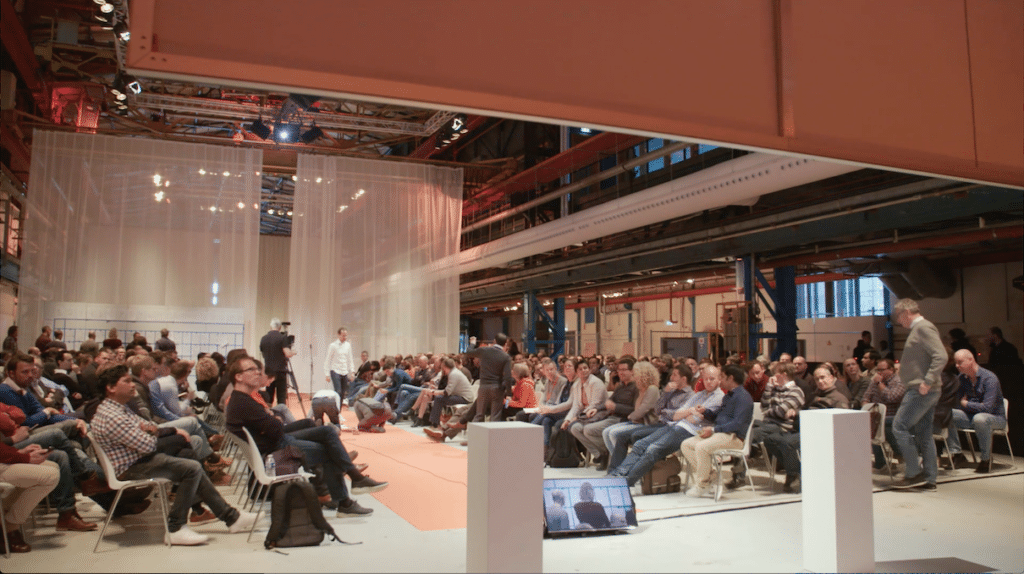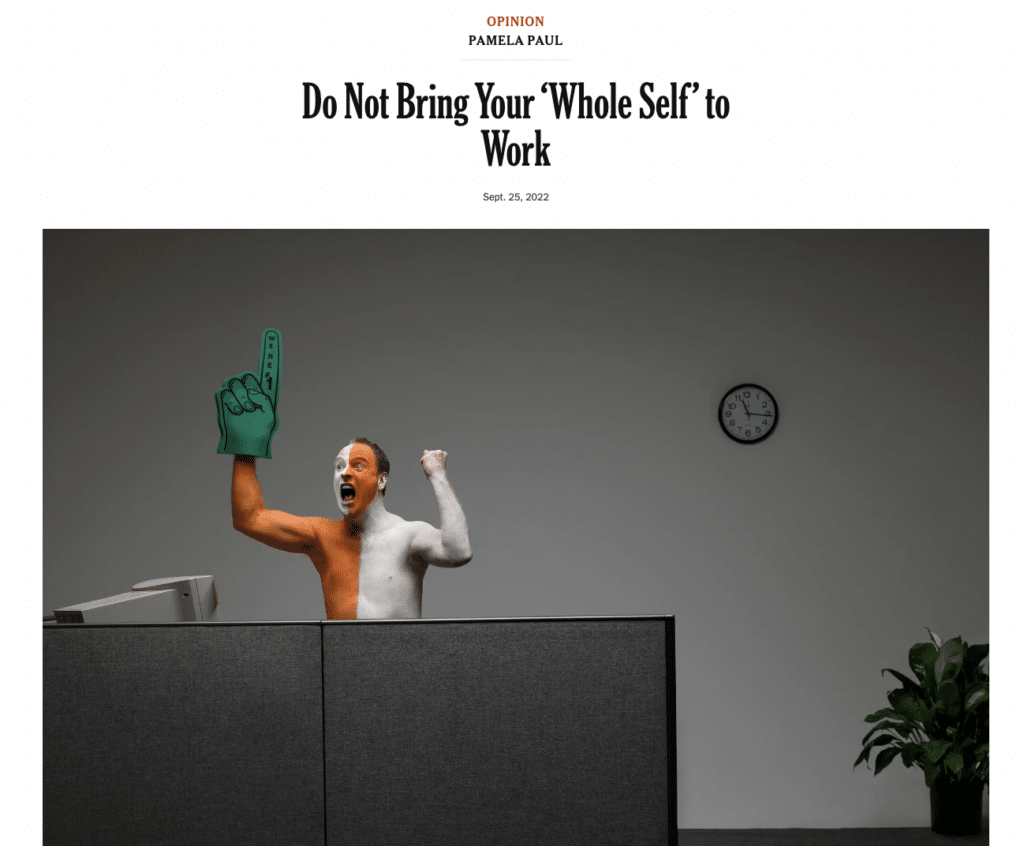

July 25, 2023
Great cultures ,Hacks
It’s very in fashion these days to have “unlimited vacation” at high performance companies – and yet it doesn’t matter because those people rarely take vacations. In mediocre companies, employees will play games with their vacation days and even get compensated for the days they don’t take.
The problem is that everyone sees vacations as a luxury, as opposed to a productivity hack that helps the company.
Think about it this way – Do you usually get more or less done right before a vacation? A lot, right?
Try this out:
Pull each person aside and say, “I’d like you to plan your vacation that you’ll take 3 months from now.” It will probably make them nervous, but explain to them that:
a) This will make them more productive so they will get things done before the vacation starts and
b) It helps the team because if anyone is so crucial they can’t even miss a week, then the team is not resilient. This forces the team to be resilient by making sure the operations are covered.
So go ahead, while it’s on your mind. Set up those meetings to ask people to proactively schedule their vacations.
April 28, 2023
Great cultures ,Hacks ,Tools
Everyone says, “How do you get buy-in?” But that’s the soft equivalent of manipulation when we try to “get” people to do anything. What’s more powerful, respectful and lasting is invitations. And there’s a certain way to do them…
February 2, 2023
Culture of Chaos ,Great cultures ,Vision

Employee Engagement has always been the talk in HR and culture circles. And I’m glad that’s the word rather than “happiness.” I think we’re all responsible for our own happiness. But leaders can create a very engaging work environment. In some of the strongest work cultures, people aren’t always having fun, but they always care. They’re dedicated, and they’re focused. They act like they’re owners of the business.
Employee Engagement is not surveys (that usually just stay in Google Docs).
It’s not get-to-know-you games.
It’s not gifts and recognition.
It’s simply real and honest conversation.
That said, it needs a structure to create safety for the truth to emerge. The best way I know is an open source format that anyone can use. It’s called Open Space. Check it out…
www.OpenSpace.events You can follow the manuals there, or I’m happy to run an Open Space (and train you to do it without me). It can even be done virtually.
October 7, 2022
Great cultures ,Hacks

Pamela Paul certainly doesn’t think so. This is a hilarious article on why it’s best if we just bring our work selves to work…
Do not “bring your whole self” to work.
That’s right! Defy the latest catchphrase of human resources and leave a good portion of you back home. Maybe it’s the part of you that’s grown overly attached to athleisure. The side that needs to talk about candy (guilty). It could be the getting-married part of you still agonizing over whether a destination wedding is morally defensible in These Times.
Leave those things behind and I promise: No one in your workplace will miss them. And remember, it works both ways. Anyone worth sharing a flex desk with is not someone you want to see every last ounce of either. They, too, can reserve their aches, grievances, flimsy excuses and noisy opinions for the roommate, the pandemic puppy and the houseplants.
As a culture speaker you might think I’d disagree. But I don’t. She makes a great argument for it.
And… there’s a missed opportunity.
Rather than bring your whole self, bring your future self.
Your future self is the person you want to become. And (most likely), your colleagues want to help you get there. That’s why we had an entire goals department at Zappos.
It’s a similar psychology to why NPS (Net Promoter Score) is better than CSAT (Customer Satisfaction). CSAT surveys focus on all the grievances of the past – Meaning it’s a complaint-fest. But NPS asks the consumer – How can this be better? It engages our imaginations.
When I lead my team at Zappos, we had a “dream wall” with images of everything each person wanted to experience or accomplish. And we would bring them up in our one-on-one meetings.
If we bring our future selves to work, we bond over what we actually want, rather than grievances and gossip.